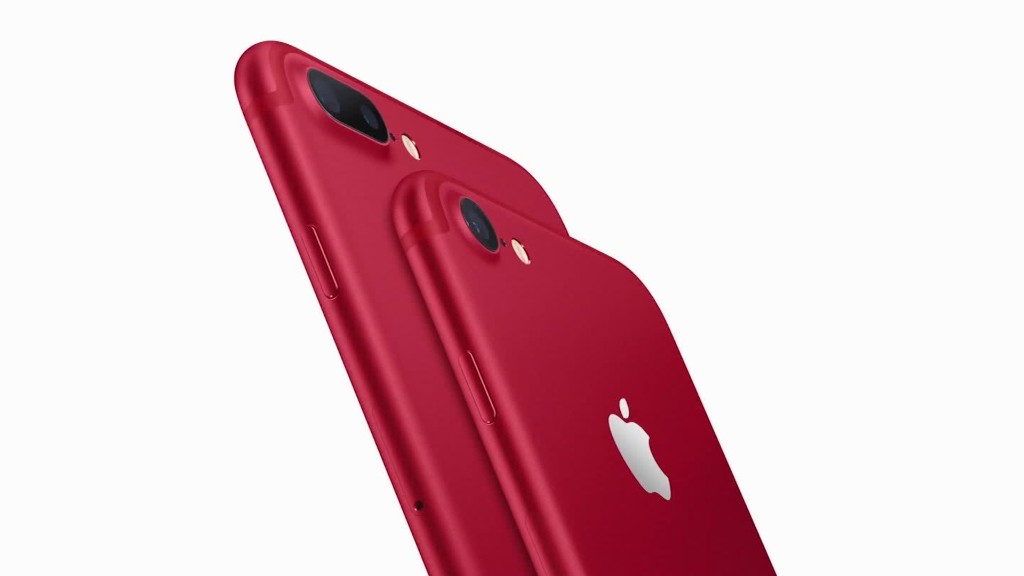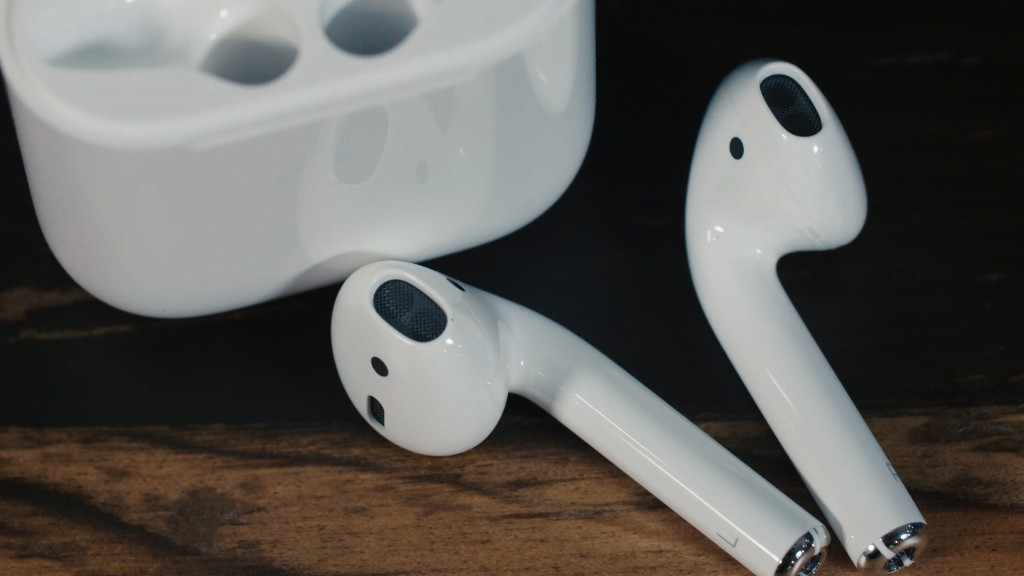
Australia's consumer watchdog is taking Apple to court.
The regulator is accusing the U.S. tech giant of violating consumers' rights by refusing to service certain iPhones and iPads that were disabled by a software update.
Some iPad and iPhone users who used third parties to fix broken screens later received an error message after downloading an Apple software update, rendering their devices unusable, according to the Australian Competition and Consumer Commission.
Through the software update, Apple effectively "bricked" devices repaired by third parties and then "refused to look at or service" them, the commission said, calling it a breach of Australian consumer law.
Related: Apple drops a supplier and its stock falls 72%
Apple didn't immediately respond to a request for comment.
After downloading the software update and connecting their iPhone or iPad to a computer, hundreds of users got an "error 53" message saying that "the device could not be restored, and the device had stopped functioning," according to a court filing by the commission.
Between September 2014 and February 2016, consumers who tried to get their devices fixed were told if they had previously been repaired by someone other than Apple, "no Apple entity ... was required to, or would, remedy the fault" for free, the filing says.
Apple issued a new software update to restore bricked phones in February 2016.
Related: Apple worth $750 billion. Next stop? $1 trillion
If Apple loses the case, it could face a steep fine. The commission said it had identified 275 consumers affected by Apple's alleged refusal of service. The maximum penalty per violation is $1.1 million Australian dollars (about $830,000),
This is the third time the Australian regulator has taken action against Apple.

In 2012, it successfully sued the company for misleading iPad 4G advertisements, resulting in a fine of $2.25 million Australian dollars ($1.7 million).
It took Apple to court again in 2013, accusing the company of limiting Australian consumers' rights to refunds, replacements and repairs. Apple was forced to change its refund policy in Australia as a result.

